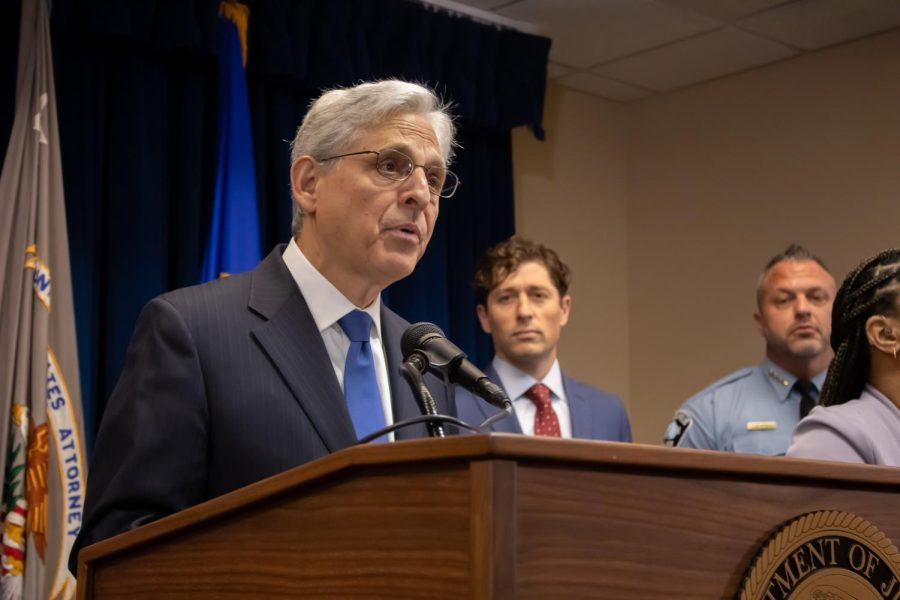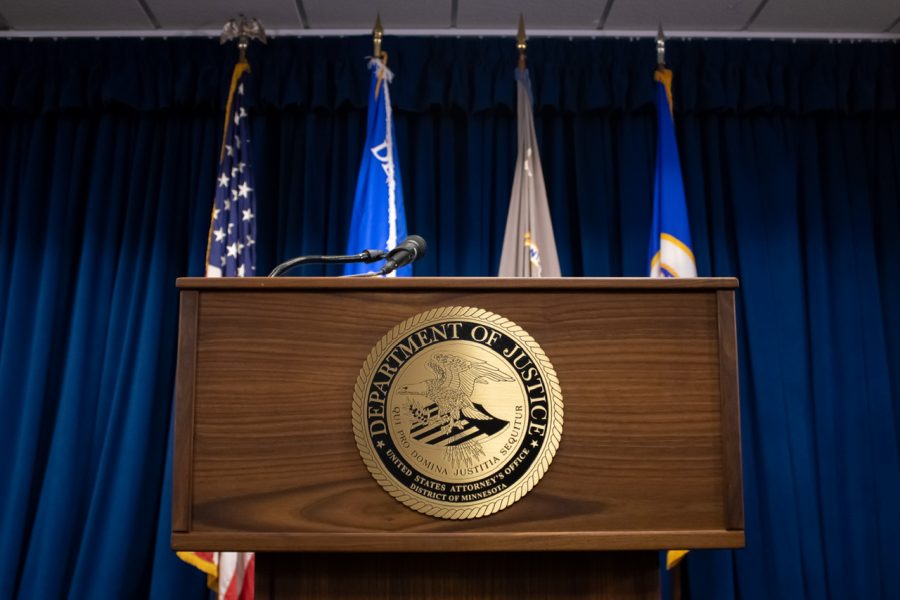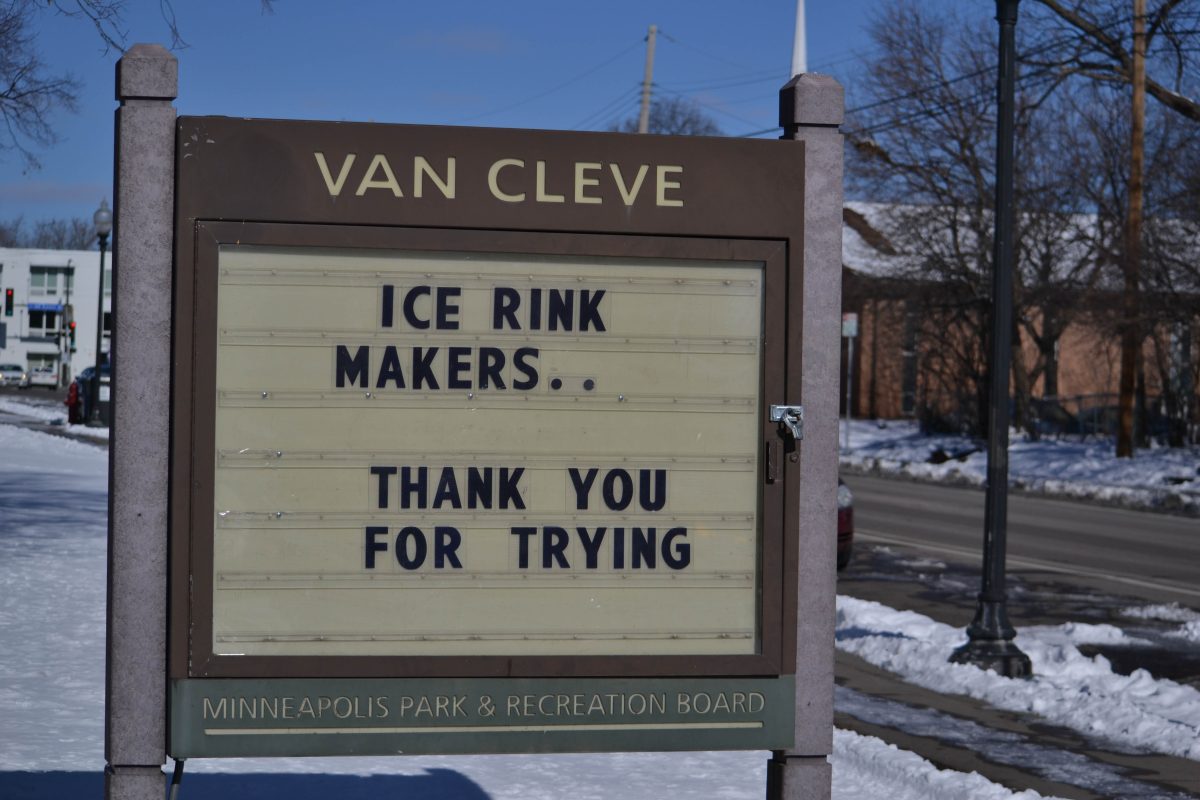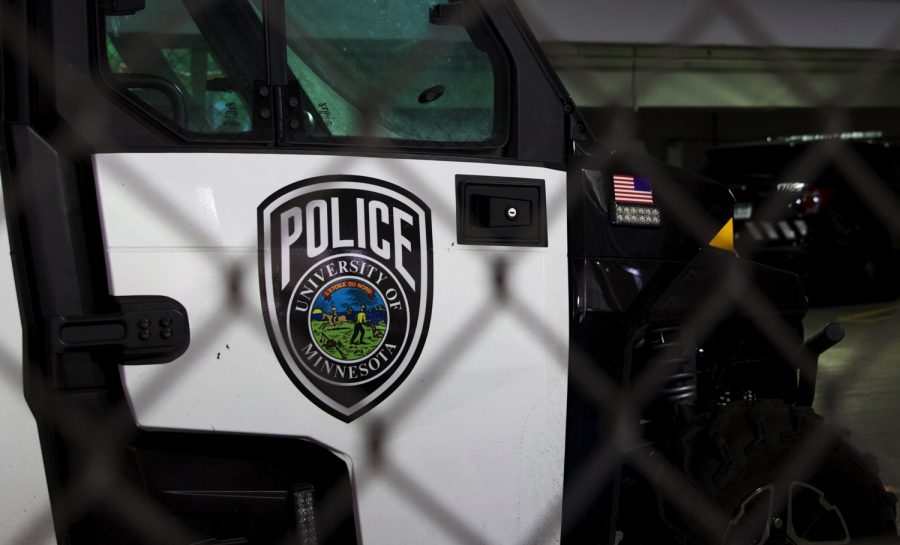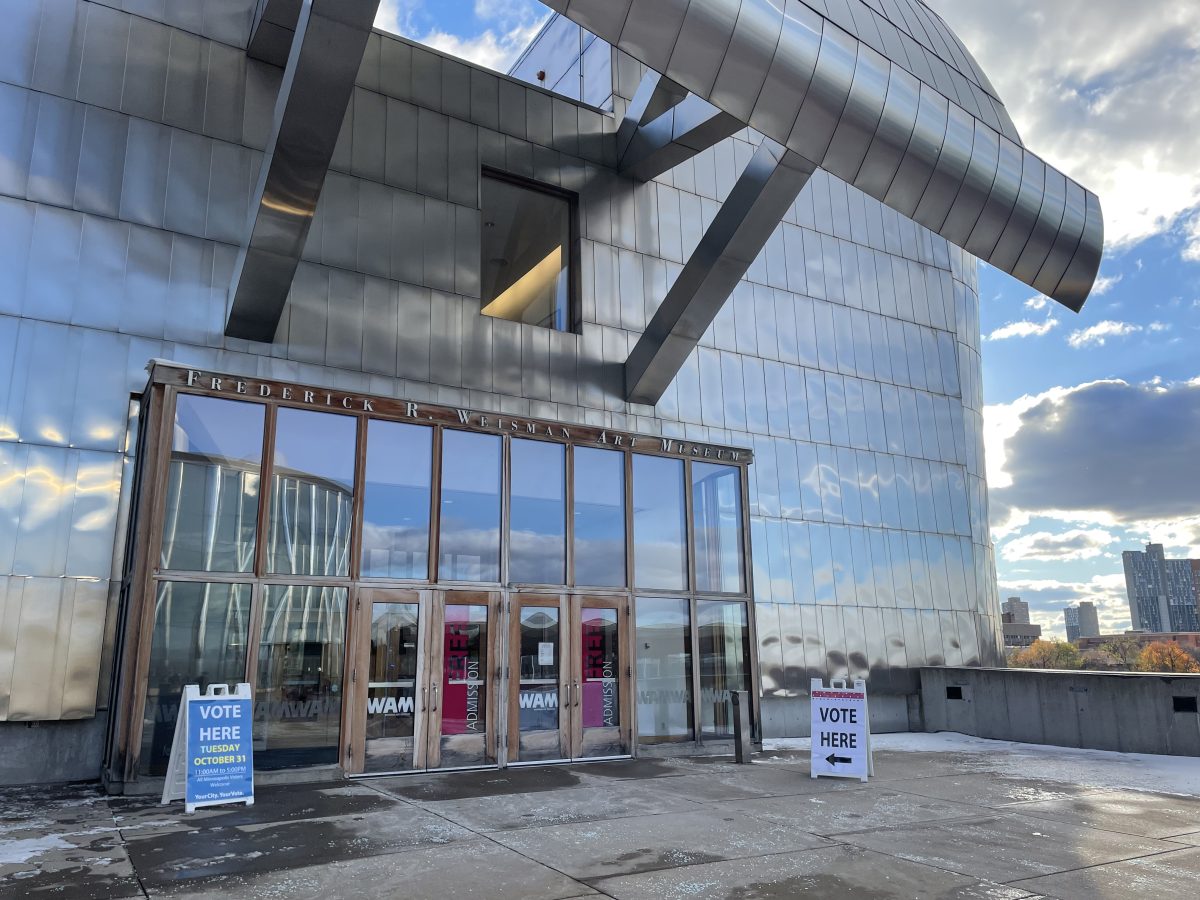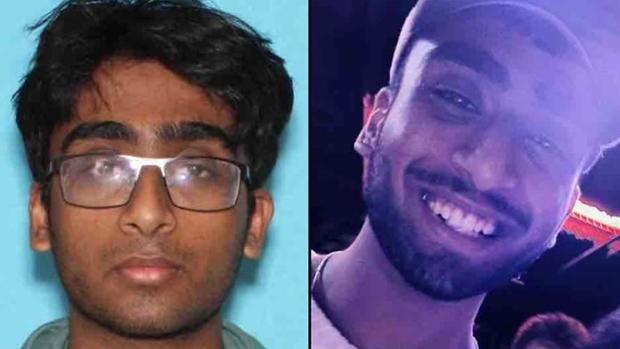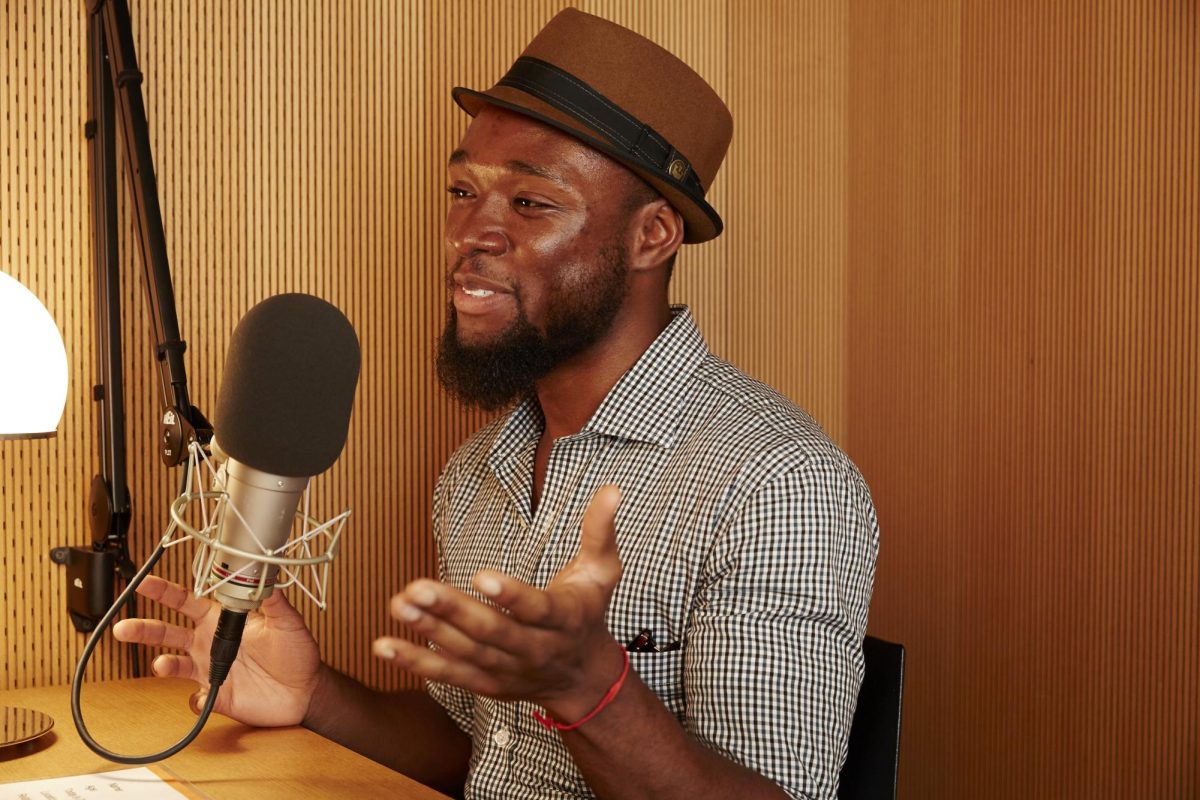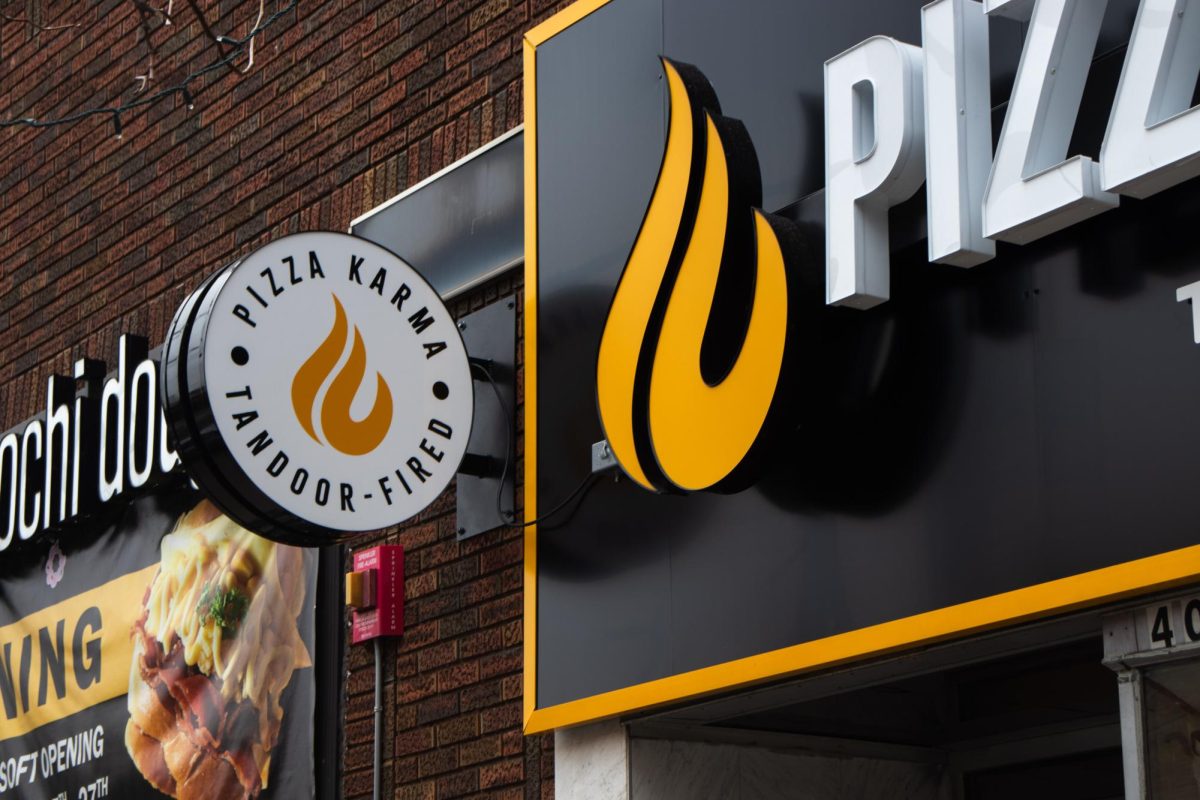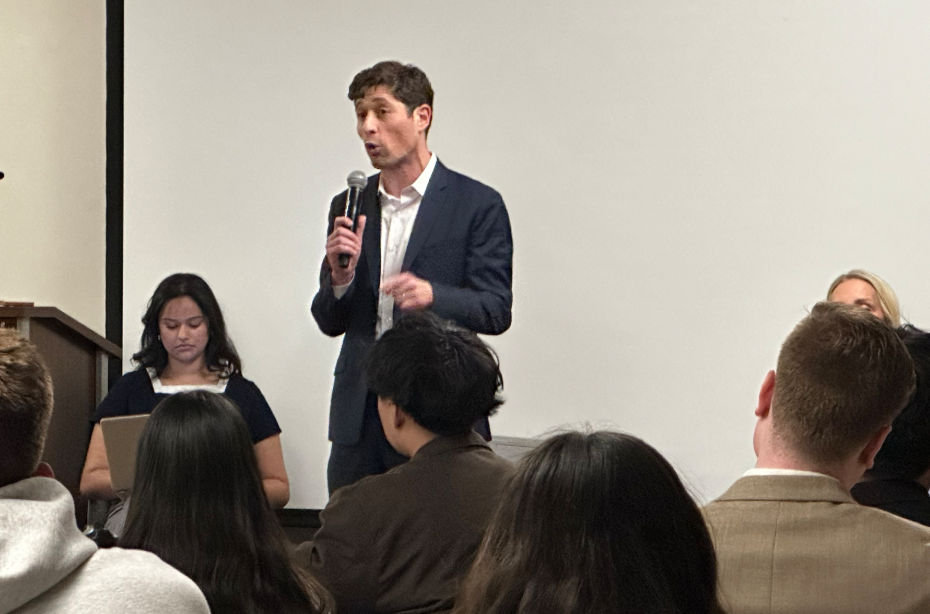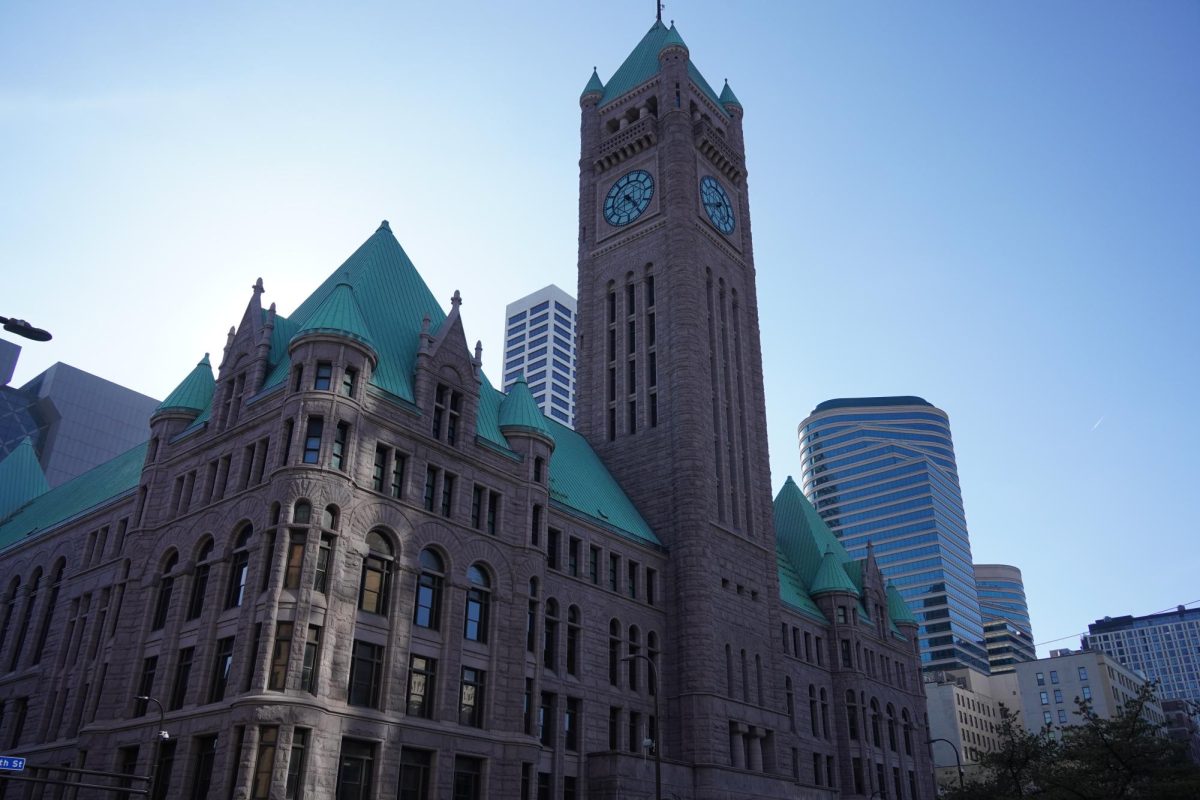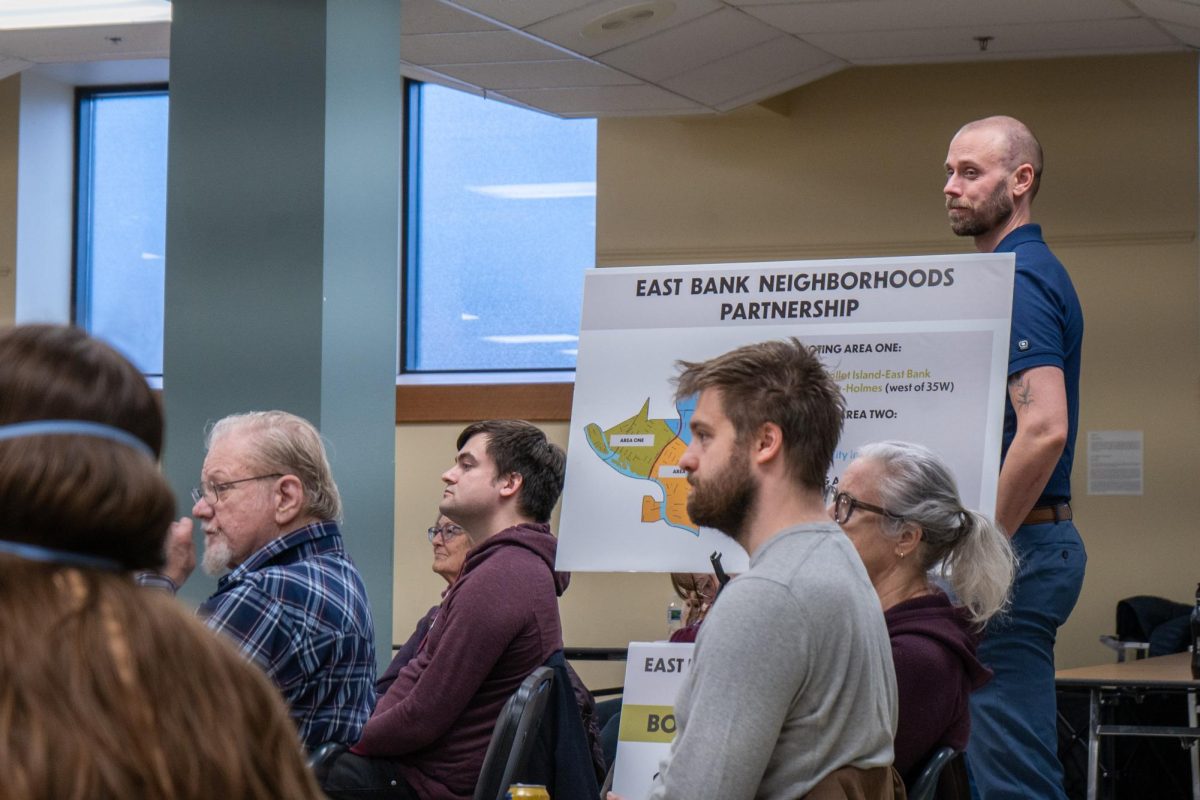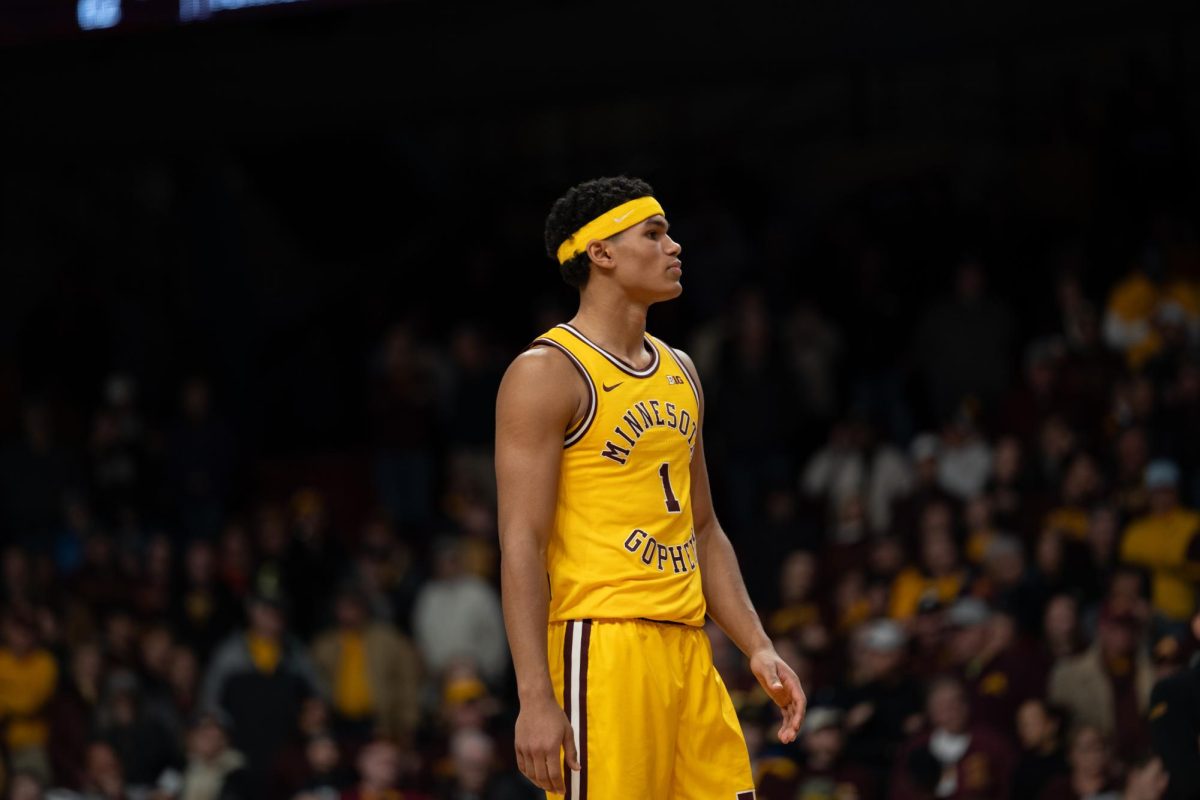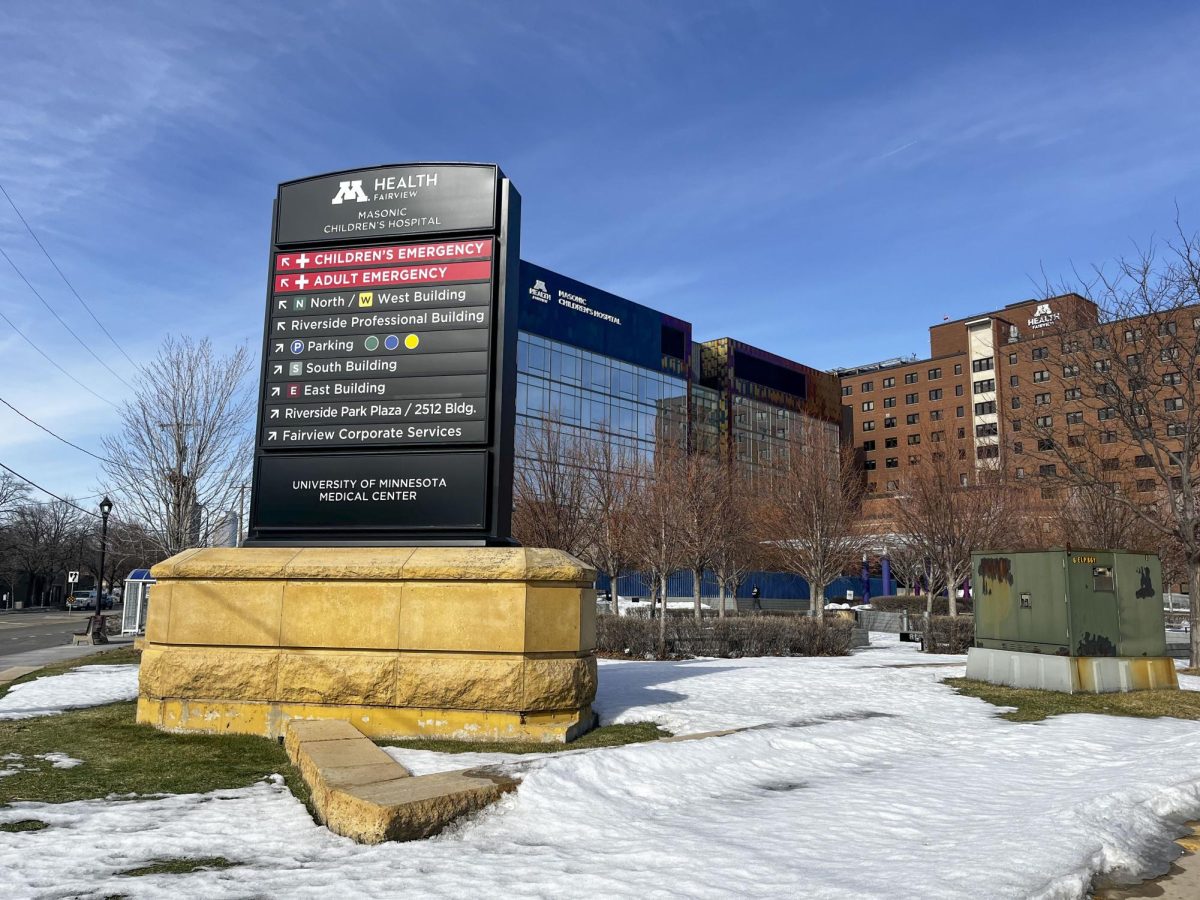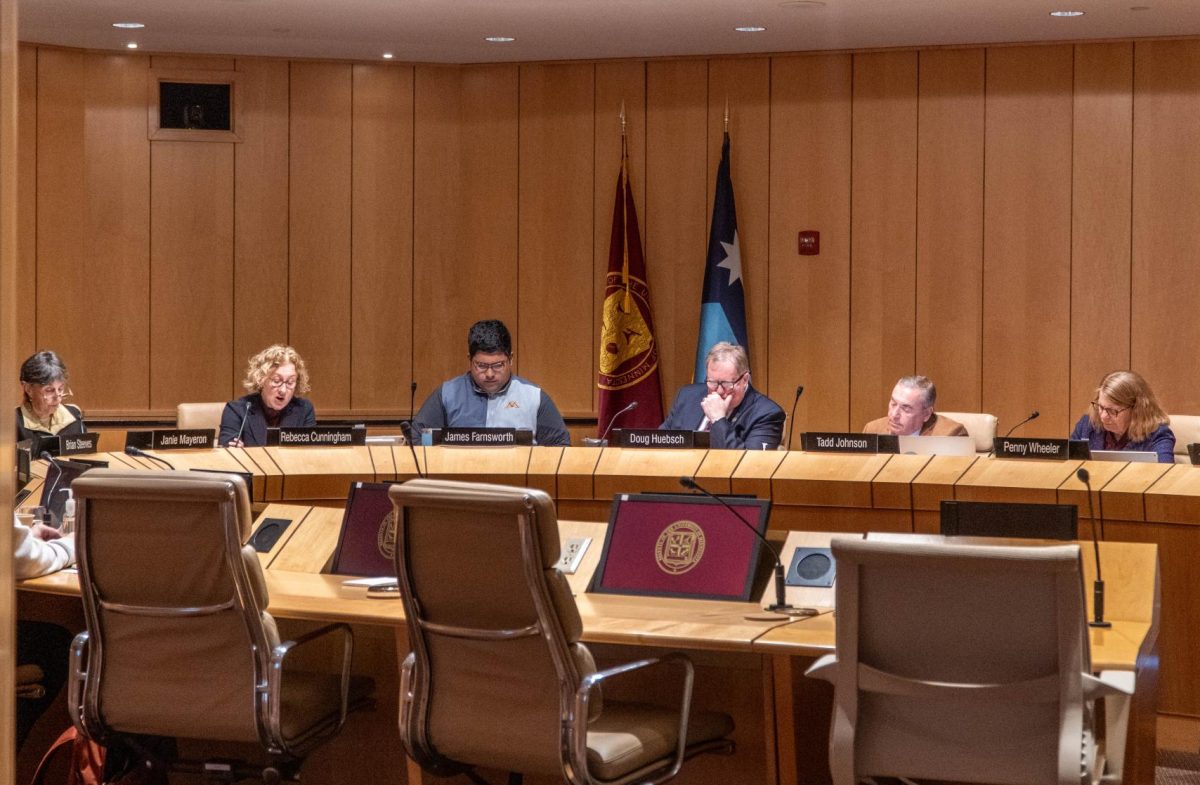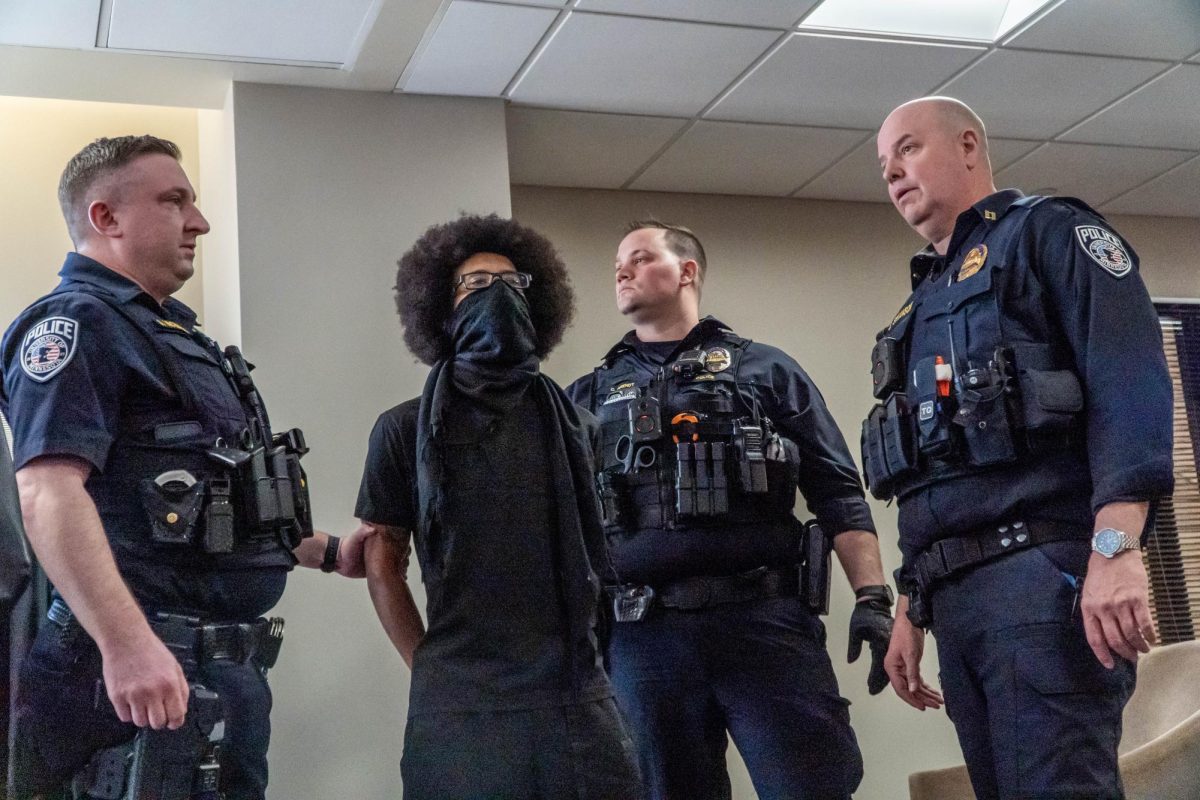The U.S. Department of Justice (DOJ) announced Friday morning the end of an investigation that found the Minneapolis Police Department(MPD) engaged in a “pattern or practice” of unconstitutional, discriminatory and illegal policing.
The announcement comes as a conclusion to a two-year long investigation into MPD the DOJ launched the day after former officer Derek Chauvin was convicted of murdering George Floyd in April 2021. According to Attorney General Merrick Garland, the DOJ had four main findings. MPD—
- Uses excessive force, often when no force is necessary, including unjust deadly force and unreasonable use of tasers,
- Unlawfully discriminates against Black and Indigenous people in its enforcement, including stopping people from those communities being stopped by MPD at six times the rate as white people,
- Violates the rights of people engaged in protected speech, including retaliating against protestors and members of the press, and
- The city of Minneapolis and MPD discriminate against people with behavioral health disabilities when responding to calls.
With a slew of evidence of various misconduct, the Justice Department concluded MPD violated the First and Fourth amendments, as well as Title VI of the Civil Rights Act, the Safe Streets Act and the Americans with Disabilities Act, Garland said.
“The patterns and practices we observed made what happened to George Floyd possible,” Garland said. “These systemic issues didn’t just occur on May 25, 2020. There were instances like that that were being reported by the community long before.”
Garland added MPD and the city have agreed to negotiate a court-enforceable, independently monitored agreement — otherwise known as a consent decree — with the DOJ to reform its policing. The Justice Department is recommending 28 remedial measures as a starting framework for MPD’s compliance with the Constitution and federal law, according to Garland.
According to Ann Bildtsen, first assistant U.S. attorney for the District of Minnesota, it will likely take months and potentially a year for negotiations to be finalized.
“Today, we have completed our investigation but this is only the first step,” Garland said. “We look forward to working with the city and MPD to achieve meaningful and durable reform.”
The report did not highlight specific steps MPD should take to address these problems, but instead laid out broad goals, like improving public safety and building community trust, to address in the future.
Federal consent decrees are not unique to Minneapolis. The DOJ currently has agreements with 17 other cities, which Associate Attorney General Vanita Gupta cited as being effectives tools in cities like Seattle, Albuquerque and Baltimore to reduce use of force by police.
Although the government promised action to reform MPD and its practices, Gupta acknowledged the DOJ’s findings and remedies do not erase years of police misconduct and the pain it has inflicted on the community.
“I know this community is still hurting, and in today’s announcement, [the findings] also open up old wounds,” Gupta said. “There is nothing that I can say today that will undo the wrongs of the past, but I can tell you the Justice Department is committed to working with Minneapolis on a path forward to constitutional policing and a stronger police community.”
Despite the findings, Gupta said they commended Minneapolis for “moving expeditiously” to address police reform prior to the conclusion of the DOJ’s investigation.
Minneapolis already approved its own consent decree with the Minnesota Department of Human Rights (MDHR) in March for reforms including intervention against officer misconduct and de-escalation training. The agreement came after MDHR conducted its own investigation and found a decade of MPD misconduct and racial discrimination, according to a 2022 report.
The DOJ’s findings were separate from MDHR’s, Gupta said. The two differed by investigating MPD’s violations of state versus federal laws, and the DOJ expanded its work to address allegations of discrimination against people with disabilities and excessive use of force.
However, the new agreement will require a “transparent reform process” with input from community members, police officers and city employees, Gupta said.
“It will take time, focused effort and sustained commitment to help us craft solutions that will result in real and lasting change in Minneapolis,” Gupta said. “Together, we can build a Minneapolis that protects the rights, safety and dignity of all.”
According to Black Lives Matter Minnesota founder Trahern Crews, proactive work to reform policing is needed to prevent the list of agreements from growing in the future.
“We want to really get the community involved and come up with solutions and stuff like that to what the real future of policing can be that’s equitable and doesn’t continue to harm Black communities,” Crews said.
In statements following Garland’s announcement, President Joe Biden said “the findings are disturbing.” Rep. Ilhan Omar (DFL-Minneapolis) said they were “shocking, but sadly, not surprising.”
City leaders respond
In first words addressing the city’s new consent decree with the federal government to reform its police department, Mayor Jacob Frey recalled his first thoughts after seeing a video of George Floyd’s murder.
“I was heading into my office late at night and pacing with one thought in my mind, which is, ‘Now things have to be different. Now things have to change,’” Frey said.
Frey touted the city’s changes to policing in the past three years, including hiring new leaders, creating an Office of Community Safety and new policies that do not require officers to carry a gun. Although he hopes to double-down on these efforts in the future, Frey thanked the DOJ for highlighting where the city and its police have continued to fail its residents.
“The truth is, we needed this help,” Frey said.
Frey emphasized that himself, MPD and the city are committed to partnering with the DOJ to reform its policing. He said he is optimistic MPD can become a constitutional and trustworthy department that anyone in Minneapolis feels safe interacting with.
“Our success won’t be relegated to a report, it won’t be relegated to compliance figures or a judge’s signature,” Frey said. “Our success will be defined by the people of Minneapolis feeling safe, in fact, feeling safer when interacting with police in our city.”
MPD Chief Brian O’Hara was appointed in Nov. 2022 following a nomination from Frey. O’Hara echoed Frey’s sentiments with promises to transform the police in Minneapolis into the best police department in the nation,
“When I became the police chief, I pledged to work hand-in-hand with all of our partners to rebuild bridges of trust and safety in Minneapolis,” O’Hara said. “That work started the day I became chief, and it will continue in earnest until the MPD fully reflects the constitutional, fair and just system of policing services the people of Minneapolis deserve.”
Consent decrees are not new to O’Hara, who said he has “been through this before” during his previous job as an officer in Newark, New Jersey.
The DOJ agreed to a consent decree with the city of Newark after it published a report in 2014 which found its police engaged in a pattern or practice of unconstitutional policing.
Moving forward, police and residents will change policing in Minneapolis and emerge from the “darkness and trauma” caused by the MPD into something greater, O’Hara said.
“As we move through this process together, we will continue to heal and we will rebuild stronger,” O’Hara said. “Our city will be sacred, and our police and all communities of this city will be more united than ever before.”


